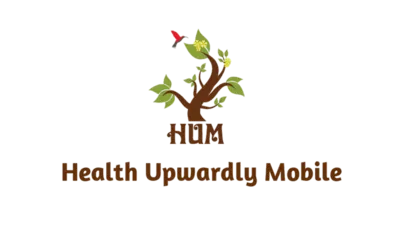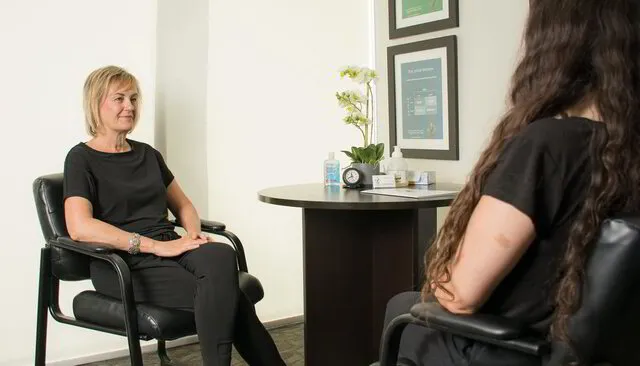Eating Disorder Treatment
Eating disorders, including addiction involving food, are chronic conditions requiring assessment and treatment. Behaviors may encompass anorexia, bulimia, binging, purging—through vomiting, laxatives, or exercise—and rigidly controlling food intake. This can lead to frequent weight fluctuations, extremes of being underweight, overweight, or obese. Addiction in this area impairs healthy choices, with compulsive behaviors controlling life, leading to feelings of unmanageability. The eating disorder is a symptom of brain processes, pushing individuals to seek escape, relief, or reward. Although there's no off switch, recovery and treatment can offer a path to a high-quality life. Explore effective food addiction treatment and rehab for lasting relief and recovery.
Eating Disorders and Food Addiction
Eating disorders, or Addiction involving food, is a chronic medical condition that requires assessment and treatment. With Addiction in this area, the ability to make healthy choices is impaired and compulsive behaviours control the individual’s life, leading to feelings of unmanageability. The eating disorder is a symptom of what is happening in the brain and it leads the person to seek escape, relief and/or reward. While there is no off switch to stop this process completely, with recovery and treatment, a high quality of life is possible.
Symptoms of eating disorders can include:
- An overpowering urge to keep taking opiates/opioids despite problems
- Withdrawal symptoms
- Unmanageability in life
- A great deal of time is spent around thinking about, gaining access to, using, and recovering from the use of substances
- Other parts of life are impacted, like work, school, and/or relationships
- Physical health has deteriorated
- Motivation is low
- Getting used to (also known as developing a tolerance) the effects of opiates/opioids
- You are increasing the amount of opiates/opioids you take to get the same relief or effect you had when you first started using them
- A physical need to keep taking the opiates/opioids, to ward off withdrawal symptoms, which only gets stronger with the amount of opiates/opioids you take and the length of time you take them increases
How we treat eating disorders
Total abstinence from food is not possible, as we all need food to survive. Through eating disorder treatment and psychotherapy, the goal is to increase awareness to establish and maintain healthy boundaries with food to promote recovery and health. At HUM, we provide outpatient, continuing care. Once a person is a patient at HUM, there is no end point to the services and individuals can access services indefinitely based on their needs. Continuing care/treatment includes a range of services to optimize health and wellbeing of individuals for eating disorders. Treatment is tailored to your needs and can include one on one therapy, group therapy, intensive outpatient program. In addition, other recovery actions such as meditation and journaling are recommended as part of a holistic bio-psycho-social-spiritual framework of recovery.
Available Services For Eating Disorders
Comprehensive assessment
If you are concerned about your alcohol use, it is recommended to start with the comprehensive assessment. The assessment includes 3 appointments at our Calgary location and is designed to get to know you, determine the acuity of your issues and appropriate treatment recommendations that are individualized based on your needs. The 3 appointments include an initial nursing assessment, an assessment with a registered psychologist or social worker and thirdly with a medical doctor.
1 hour individual psychotherapy sessions
At HUM, we use a range of techniques based on experiential relationship building, dialogue, communication and behavior change that are designed to improve the mental health of an individual,and improve relationships with others (eg. family). Our goal is to provide an open, supportive, and confidential environment for you to address the issues that are concerning you. These principles can also be provided through couples/family sessions.
1 hour couples/family psychotherapy sessions
This provides the opportunity to clarify boundaries, identify what may be individual issues for people to work on, while addressing issues jointly without telling each other what to do.
2 hour weekly group psychotherapy with professional facilitators
The recovery support groups are process oriented therefore the structure of each group is fluid and reflective of the needs and current issues raised by group members. Group members have an opportunity to process their life issues and reflect on their recovery including successes and challenges they are facing. Group therapy allows individuals to discuss issues with the support of others in recovery, provide and offer feedback, build a recovery network and increase accountability.
An 18 day (144 hour) intensive outpatient program (IOP)
The IOP is spread out over 3 Phases and 3 months with a weekend family/friends program included. The IOP is designed for those wanting more intensive treatment who have identified having an issue with Addiction, Mental Health and/or Chronic Pain.
Request An Assessment

